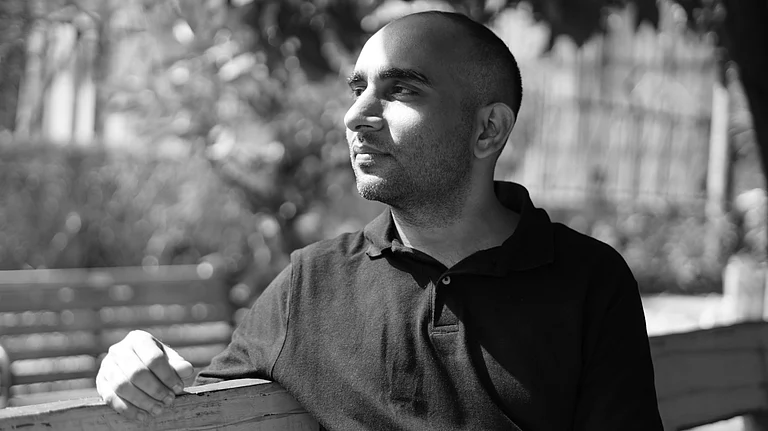I write this to submit my resignation as member of the National Knowledge Commission. I had hoped that I could contribute something to the design of new centres of science and scholarship that would enable us to maintain and advance our competitive advantage in the sphere of knowledge, but the government's decision to proceed with the expansion of caste quotas makes that objective appear unrealistic. We can either move forward and create centres of academic excellence or go along with the demands of identity politics based on caste and community, but we cannot do both.
There has been a deliberate and, to my mind, cynical misrepresentation of the recent provisions in the Constitution. They are enabling provisions and not mandatory ones as they are being made out to be.
To be sure, the government may make policies to extend caste quotas, but it is not required by the Constitution to do so. Such policies would be within the law but they would be unwise. Not everything that is lawful is wise or even prudent.
I have been dismayed to find that questions have been raised in the press and on television as to whether the members of the commission know anything about the Constitution and the laws. I have written precisely on these subjects in the popular press and in scholarly journals for the last 20 to 25 years, and I may add that some of these writings have been quoted by the Supreme Court in its judgment on the Mandal case. These aspersions on the competence and capability of the commission have been received in silence by your office.
Such intemperate remarks should not have been made about a commission set up by the Prime Minister himself.
I do not wish to muddy the waters further, but simply to resign. I had written to you on 11 May to suggest that I might meet you once before taking a final decision. But the events of the last eight to ten days have made me firm in my resolve to resign and to do so without any further delay.
In submitting my resignation, I reiterate my strong commitment to the principle of social inclusion in all academic institutions.
I am taking the liberty, in the general interest, of making the contents of this letter public.
Yours sincerely,
Andre Beteille





















